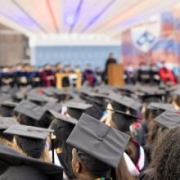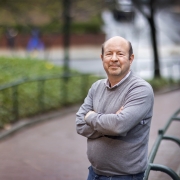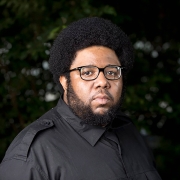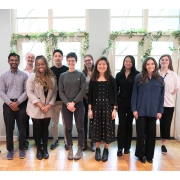Biologists Show How Chromosomes ‘Cheat’ for the Chance to Get Into an Egg
Each of your cells contains two copies of 23 chromosomes, one inherited from your father and one from your mother. Theoretically, when you create a gamete — a sperm or an egg — each copy has a 50-50 shot at being passed on. But the reality isn’t so clearcut.
Scientists have observed that chromosomes can “cheat,” biasing the chance that they will make it into a sex cell. Now, a team from the University of Pennsylvania has shown how this bias arises in female cells. With careful observation and experiments with mouse oocytes, the precursors of eggs, they’ve detected molecular signals that create an asymmetry in the machinery that drives meiosis, the cell-division process that gives rise to gametes. Certain chromosomes, the researchers found, exploit this asymmetry to move themselves over to the “right” side of a cell during division and wind up in the egg.
By casting light on a common yet poorly understood facet of meiosis, the findings may lead to a better general understanding of meiosis, including how and why mistakes can arise. Errors in how chromosomes segregate to gametes during meiosis are the root cause of some miscarriages and conditions such as Down’s syndrome.
“If we understand how these selfish elements are exploiting the mechanics of meiosis, then we’ll understand more deeply how that process works in the first place,” says Michael Lampson, associate professor of biology and senior author on the study.
Click here to read the full story.





